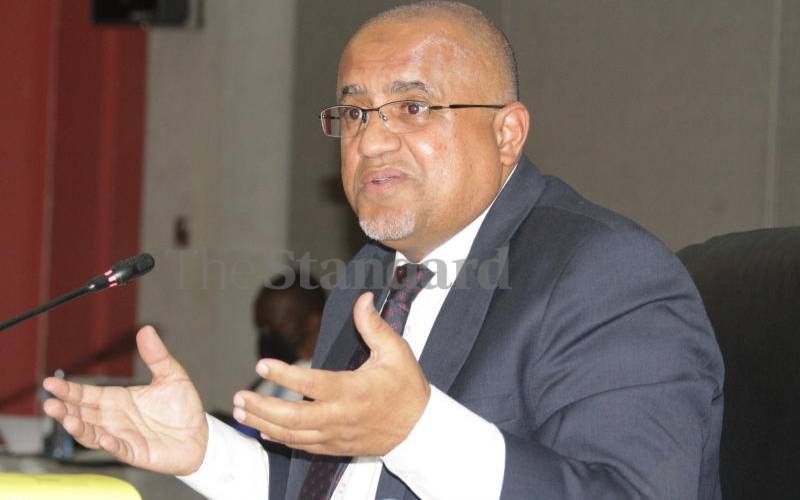
Former commissioner Murshid Abdalla Mohammed was yesterday put to task over his ‘love’ for commissions when he was interviewed for the job at the electoral agency. Abdalla, an advocate, who was the second candidate to be interviewed by the Electoral and Boundaries Commission (IEBC) selection panel, has previously served as a former interim commissioner at the National Police Service Commission (NPSC) from 2012–2018.
Panelist Morris Kimuli sought to establish from the interviewee if he will stay put to complete his term should he get the commissioner’s job or he will quit to apply for another, as was the case in 2016 when he applied for the IEBC chairperson’s post.